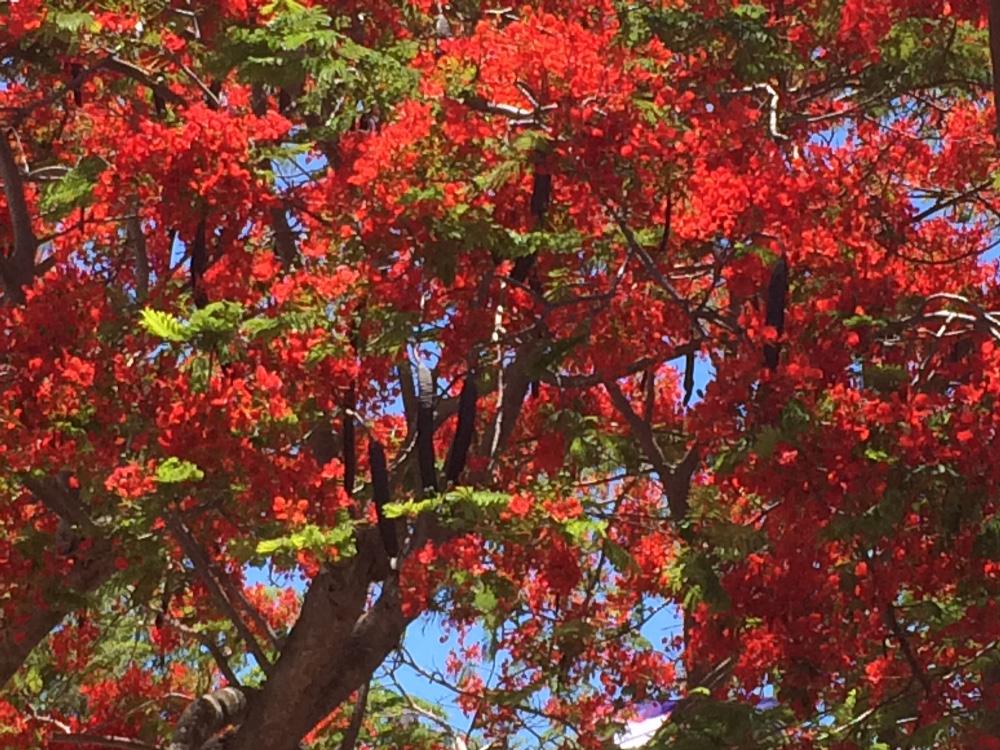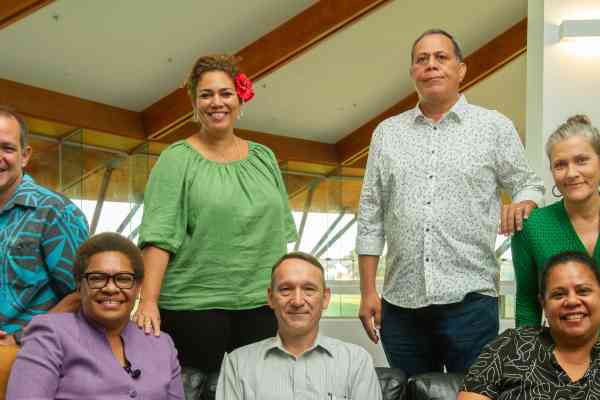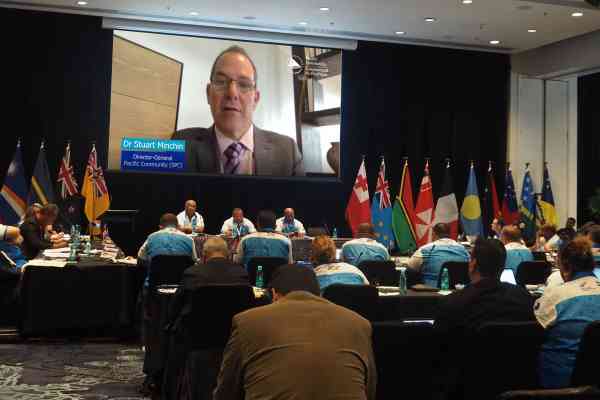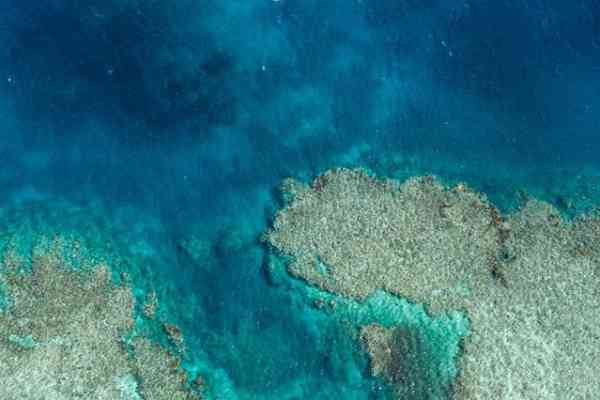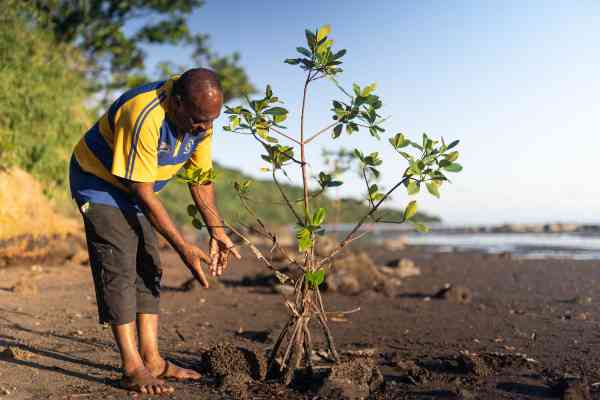As 2017 draws to a close, I want to take a moment and express my appreciation to SPC staff, partners, donors and our many supporters around the world. It has been a year of evolution for SPC, and our achievements over the last 12 months have positioned our organisation for an exciting future.
In a world with so much change, it is incredible to think that the Pacific Community has been serving its members in the Pacific region for 70 years. The CGRA and SPC Conference in Noumea in July therefore took on a specific significance, as Pacific leaders and supporters came together to acknowledge our work and mark 70 years of shared history. I was very pleased to hear from members about how much SPC’s high-quality advice and support on science, knowledge and innovation has been valued over the years. I was also moved by the expressions of support from our Small Island State members, who see the SPC as an invaluable platform for amplifying their voices.
The speech given by the Honourable Tuilapea, Prime Minister of Samoa, provides some insight into the spirit of the Conference this year, and it is well worth reading.
In the Pacific today we are facing a challenge in meeting our development goals in the face of reduced regional investment. Now, more than ever, SPC must demonstrate the unique value it adds in return for the contributions made by its members. On average, every dollar allocated towards SPC membership results in a fourfold return towards the development objectives of Pacific Island countries and territories. SPC membership is not only helping to build a ‘Resilient Pacific’ for the region, it is also a smart national investment for each member.
At the organisational level, we have been building on the change and transformation agenda from 2015. SPC has introduced more efficient systems and processes, while at the same time improving our business model to better leverage our position in the region and provide even greater value to our members. I am pleased to note that we are already seeing the benefits of this effort, and the financial stability of SPC continues to improve.
The work of SPC’s divisions has made a substantial and positive impact across the region. Here are a few highlights from 2017:
- The merger of the GeoScience Division (GSD) and the Economic Development Division (EDD) into Geoscience, Energy and Maritime (GEM). This reorganisation will result in significant synergies in energy, maritime and geoscience areas, as well as reducing bureaucracy and costs. GEM’s Maritime section supported the 7th Search and Rescue Workshop in Auckland, New Zealand in May which saw nine countries sign the Regional Search and Rescue (SAR) Arrangement to improve Search and Rescue on a Pacific wide scale and marked the launch of the SAR Strategic Plan 2017-2021.
- The Land Resources Division (LRD), working with SPC partners, has strengthened the reputation of our Centre for Pacific Crops and Trees (CePaCT) as the centre of excellence in plant genetics in support of food security for the region. LRD also contributed to a very successful Pacific Agriculture Week, held in Vanuatu for the first time, with assistance from FAO.
- The Educational Quality and Assessment Programme (EQAP) made history this year by becoming a regional external quality assurance agency. EQAP also celebrated the awarding of the first regional qualifications in renewable energy.
- The Social Development Programme (SDP) convened a successful 6th Ministers for Women Meeting and 13th Triennial Conference of Pacific Women in 2017, attended by over 260 delegates. The Conference saw a renewed commitment to advancing gender equality, empowerment of women and the elimination of violence against women and girls.
- The Regional Rights Resource Team (RRRT) continued to support members with policy and legislative interventions to promote human rights. In 2017 the FSM Pohnpei Legislature passed the Family Act to prevent domestic violence, and to provide services to victims of domestic violence. Nauru also passed their Domestic Violence and Family Protection Act in May 2017, and Tonga established a Free Legal Aid Centre for survivors of domestic violence.
- The Statistics for Development Division (SDD) revised its priority areas, with a greater focus on data analysis and dissemination. The blueprint for SDD’s future work, including new arrangements for governance of regional statistics, was endorsed at the 5th Heads of Planning and Statistics (HOPS) meeting, held in Noumea in November 2017.
The Fisheries and Marine Ecosystems (FAME) Division was successful in attracting significant new funding in 2017, much of it to support coastal fisheries and aquaculture activities. FAME developed a mobile app version of the fish identification guide ‘Pacfish ID’, allowing for a wider distribution of the information contained in the paper-based guide. The division is also coordinating the establishment of the Pacific Community Centre for Ocean Science (PCCOS), approved by CRGA in 2017.
Semi Saaga and Foe Taalava went trolling offshore of Fuafatu, one of the Funafuti Islets, at 8 o’clock in the morning on 2h February 2017.
The incident began at 4 pm, when they departed to head back home. Their outboard motor propeller broke down as it was snared in their fishing line while starting the engine. They tried contacting help using their walkie talkie until 6 pm without any response. Then they tried using a PLB (Personal Locater Beacon) device, which was part of the equipment in the ‘Grab Bag’ donated by the Pacific Community. The two men agreed to take turns on look-out for help as their boat started to adrift further out.
The fishermen’s families reported their failure to return to the Police late that evening, with a search to commence, but by then the Search and Rescue (SAR) team had received a message from New Zealand about the alert beacon and a rescue was already in action.
Te Mataili (Tuvalu’s Patrol Boat) found the two fisherman 7.5 miles away from the island at 11pm. Safely on land, one of the fishermen described the incident and explained how useful the Grab Bags are. He recommended that every fisherman have one and use it on every fishing trip, just in case the unexpected happens.
I want to close this blog with this small story from Tuvalu, which for me represents a highlight from the year and a great example of the impact our work has made to the lives of people in the Pacific. Because these fishermen had a Personal Locater Beacon provided by SPC, they were found quickly and brought safely home. The development and distribution of this simple device will undoubtedly save lives in our region, and the system has the potential to be replicated anywhere in the world.
This is just one of many stories from the work of SPC in 2017 that demonstrate why our work means so much to the people of our community. I am looking forward to what we will be able accomplish together in the years ahead.
On behalf of everyone in the Pacific Community, I wish you all a safe and happy holiday season.
Full and detailed information on the results achieved by SPC teams in 2017 will be available in the Pacific Community Results Report 2017, which will be published in mid-2018.
